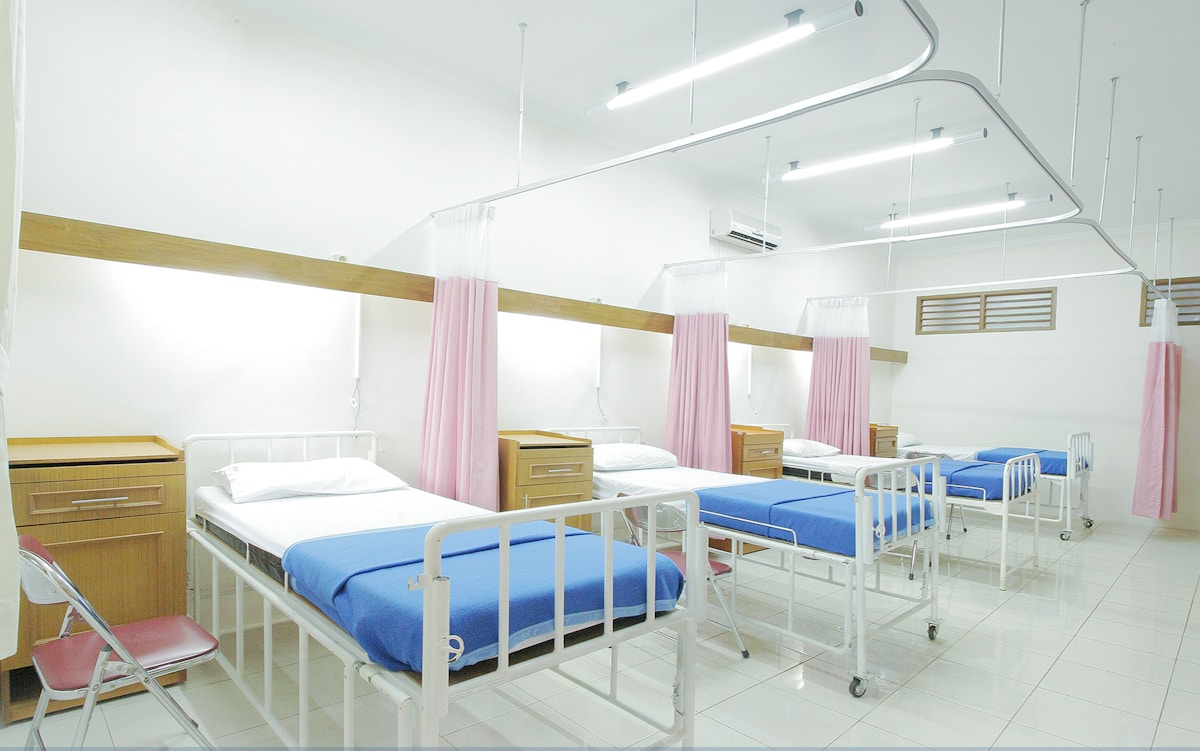
“No, my dear, it’s not in control.” Against my better judgment, I went to the emergency room to ensure that I was stable and not going to pass out. As I entered my information in the kiosk, I overheard someone mention a car accident. It was a relatively peaceful place; people sat in chairs waiting to be called. None of the frantic scenes portrayed on television of ambulance workers rushing bloody people in on stretchers. Some reasons are that our medical system is broken and the emergency rooms are some people’s primary care. Nevertheless, I observed the dynamics as I sat quietly awaiting my turn.
Lesson One. The loudest person is not necessarily the one who has the most critical need. If the office, you have coworkers that act as if someone is going to die if they do not get a report or an answer. I do not know your industry and if that is genuinely the case act! Most of the time they cry their crocodile tears to move you to help them or better yet, do their work. I am not without compassion because their panic feels very real to them. There was a person who was in distress. It was an unpleasant kind of distress that caused everyone to shift their seats if they tottered near them. The triage staff seemed cold and sometimes mean at first glance. As the patient pleaded for an IV, they calmly continued the process, such as determining weight. “We can’t provide you medication unless we have the measurements to know that we are giving you the correct dosage,” they explained. It turns out this person was a regular, and they were used to this behavior. They provided tools to aid and speed the care such as a wheelchair, when their steps were very slow and labored.
Lesson Two. You should not work harder than the person you are trying to help. Finally, a room was available where the person could rest and receive care. They refused to go to the room and stood in a stupor. Carefully the staff aligned the wheelchair so that the patient could sit. They could not get them to sit correctly so they carted them sideways, their shoes gently scraping the floor. After a few minutes, there was silence. No more moaning and carrying on.
Lesson Three. Stabilization allows the person to take the next step. Emergency rooms do not solve problems. They try to prevent death and treat symptoms, allowing the patients to seek follow-up care that addresses their needs. I am a recovering meddler. People approached me with their problems because I was too happy to accept responsibility for their actions. That is a surefire way to end up exhausted and resentful. Nowadays, I hold space for them if I have the capacity. This allows them to process their situation and determine their next step.
Lesson Four. Knowledge opens opportunities. Once I got my lab results, I knew two things. The first was that I was not in immediate danger. I had the resources and tools to manage my situation effectively. I also understood that I could not wait until the end of the following month to take action. How often do you stay willfully ignorant because you are scared? Or, how often do you jump in to help without understanding the circumstances?
In summary, I was frequently overwhelmed by the loudest people unwilling to take accountability. Because I did not correctly assess the situation, I took responsibility for things outside my control. What I learned from the emergency room is that it is necessary to triage the events that enter my life in order to expend the appropriate resources.
Are you wasting energy on things that do not concern you? Are you exhausted from being a doormat? Join my complimentary event, Doormats Anonymous and learn how to prioritize your well-being. https://www.eventbrite.com/e/doormats-anonymous-how-to-get-out-of-your-way-and-lead-tickets-695070353137?aff=oddtdtcreator